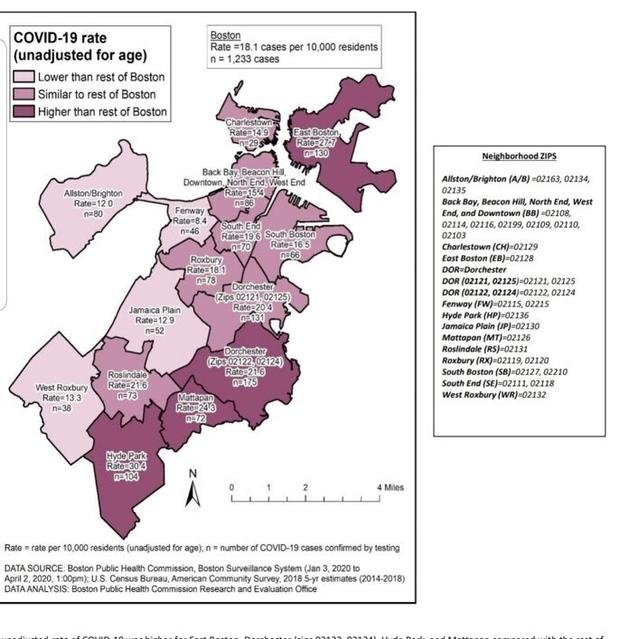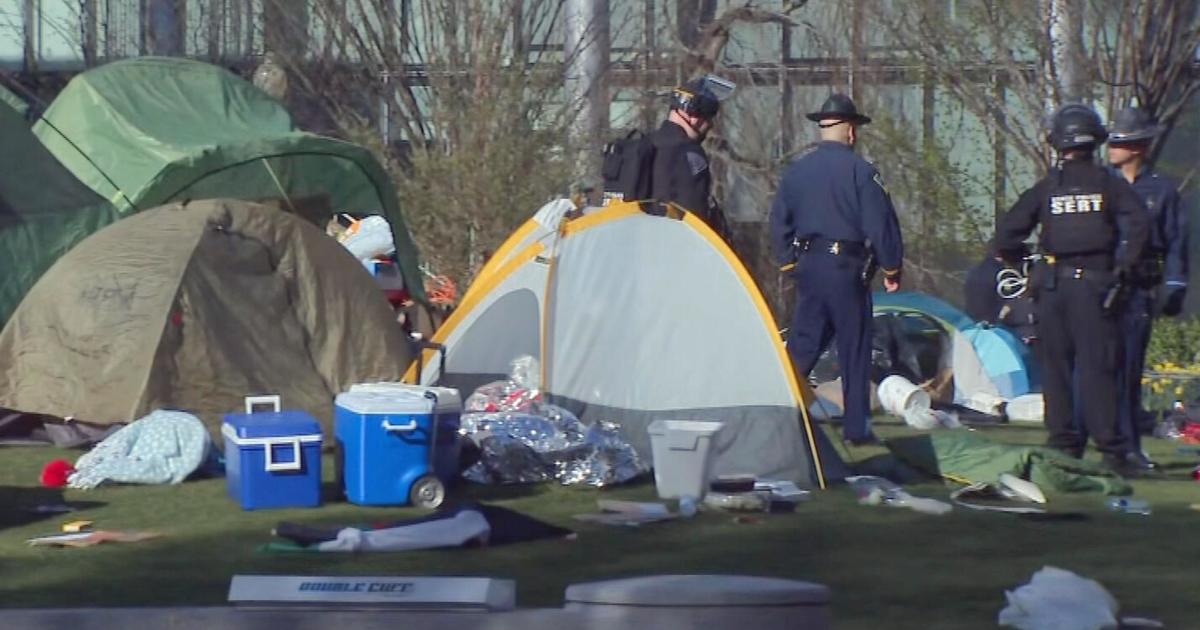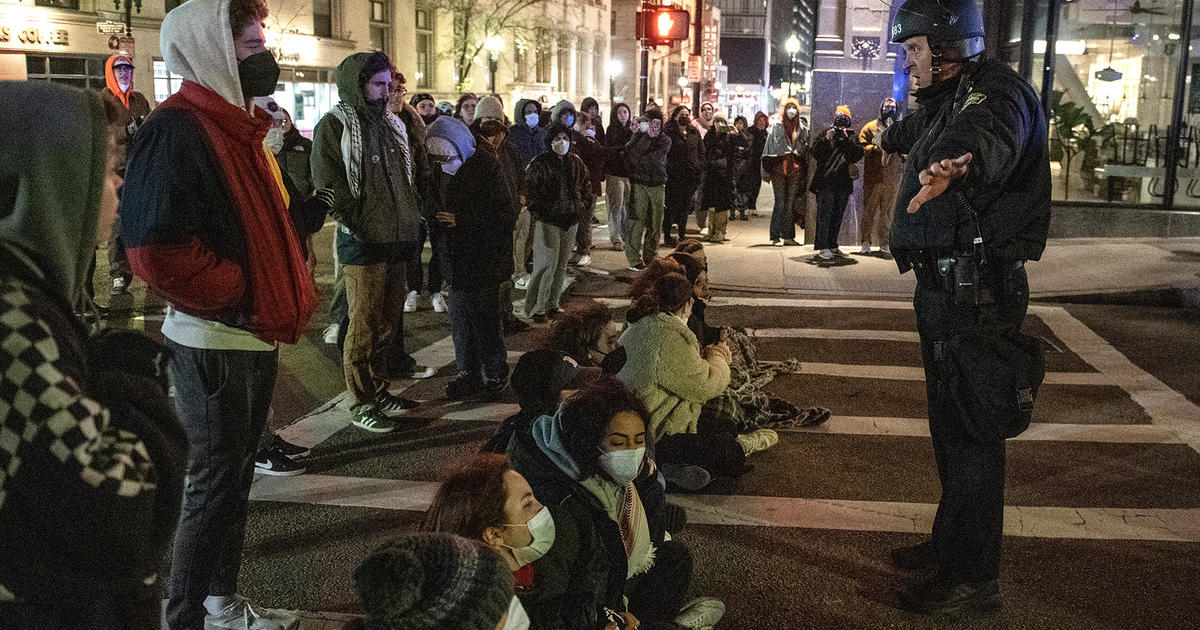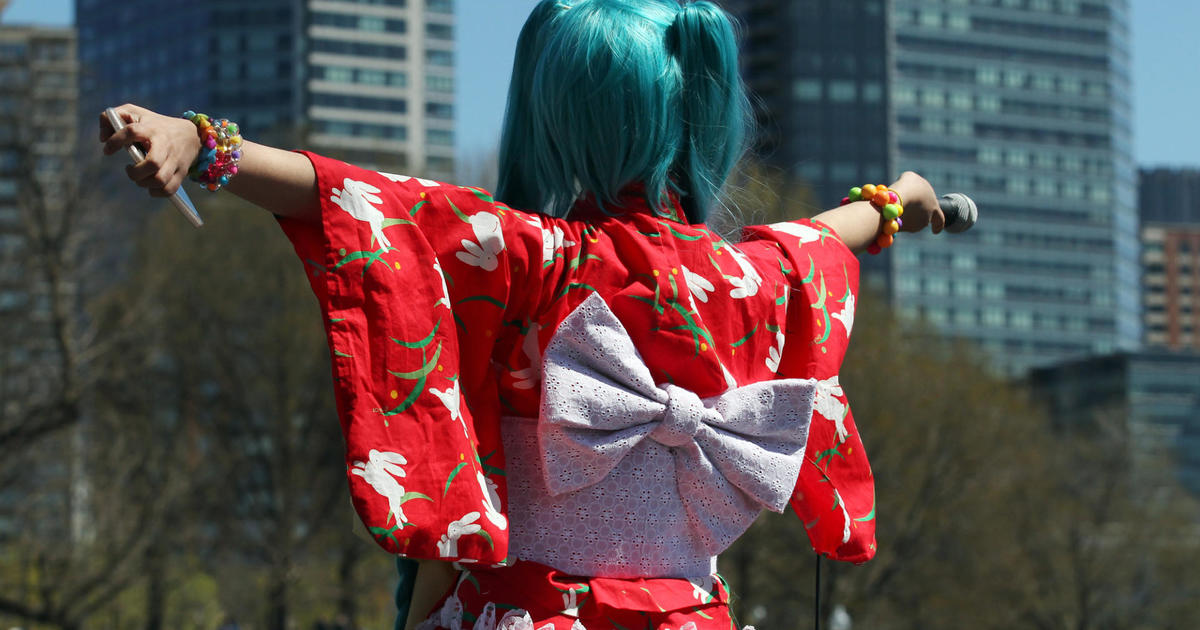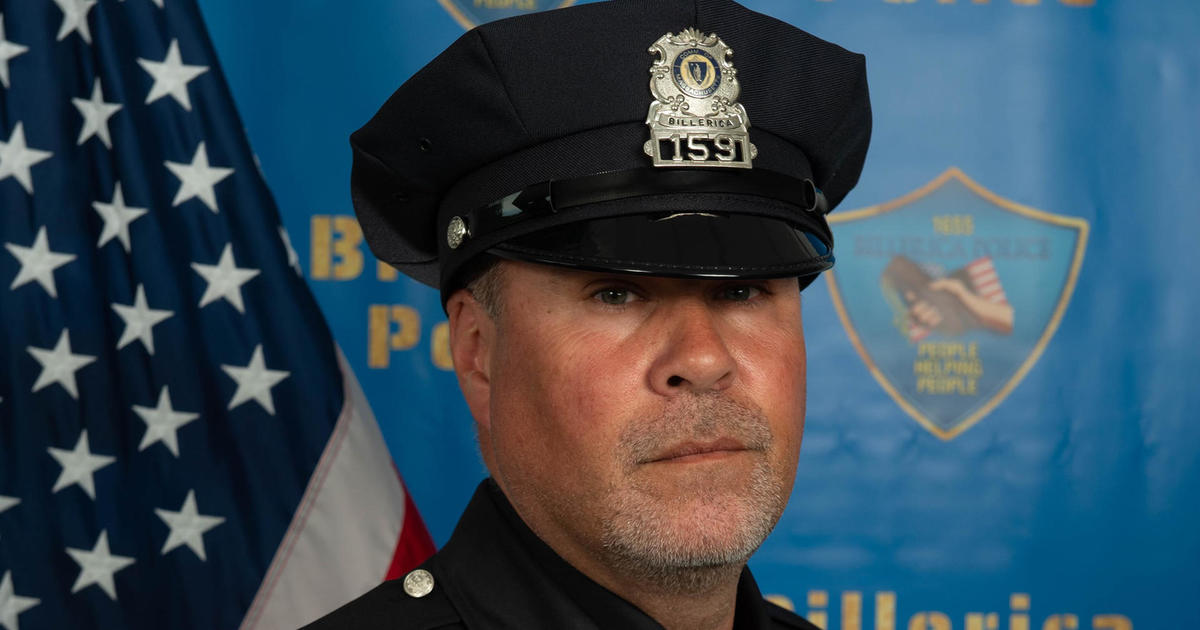Coronavirus Hitting Communities Of Color Harder In Boston
BOSTON (CBS) -- While social distancing from neighbors is easy for some, depending on where you live it could be more difficult.
That includes concerns for inmates in Massachusetts prisons. There are 45 confirmed coronavirus cases in inmates across the state and 17 Department of Corrections staff members have tested positive. Three inmates have died from COVID-19.
"There's no consistent access to alcohol-based sanitizers. And access to chemicals to clean units is scarce." From his unit inside MCI Norfolk, inmate Ricky McGee sits in lock-down. The coronavirus hasn't hit the prison yet. But after three inmate deaths and more than two dozen cases elsewhere, he fears it's only a matter of time.
"There's staff here who are issued masks and not all wear them," said McGee, who spoke to WBZ-TV by phone.
A Department of Corrections spokesman told WBZ-TV mitigation strategies to stem the spread are in place. "DOC has adopted enhanced health and safety protocols, including frequently disinfecting high touch areas, and provided staff and inmates with DPH guidance on minimizing transmission." Adding that inmates have access to health care, screening and testing.
Thirty miles north of Norfolk, McGee's cousin, Surpaul Cottrell, sits in his Dorchester apartment. New city data reveals Dorchester is among a cluster in Boston seeing the highest number of cases.
With stay-at-home advisories in play, Cottrell said he keeps busy by offering free online workouts to his neighbors. "People are extremely nervous living in this neighborhood. But at the same time some people are just blind to what this really could do," Cottrell said. "What are you doing to feed yourself to keep yourself healthy? It's all about choices."
Boston Councilwoman Julia Mejia said the city is working to address health disparities among communities of color, who often live in close quarters and can't afford to stay home.
"To see Dorchester, Hyde Park, Jamaica Plain, East Boston, as our most vulnerable communities really sounded the alarm for me in terms of what we need to do," Mejia told WBZ-TV.
She said a number of factors contribute to the clusters: "Most of the people who live in these neighborhoods are service providers, front-line workers. From the medical standpoint, what we've learned, is that people who have high rates of asthma and diabetes, people with compromised immune systems, live in [these] communities."
"Black and brown communities, historically, we have always been the hardest hit. But we have an opportunity to bond together and help support each other through this process,' Mejia said.
